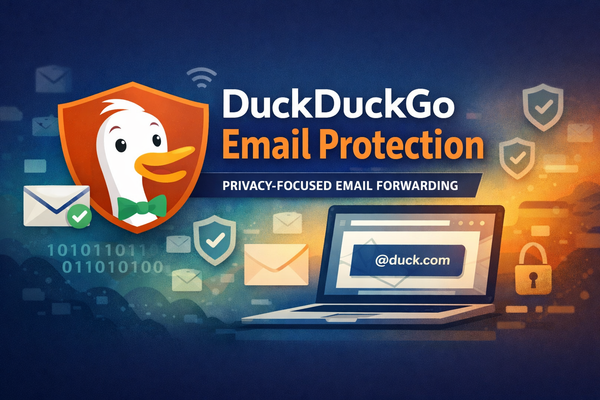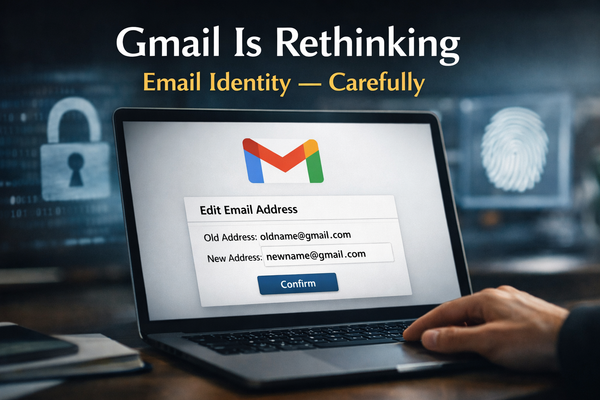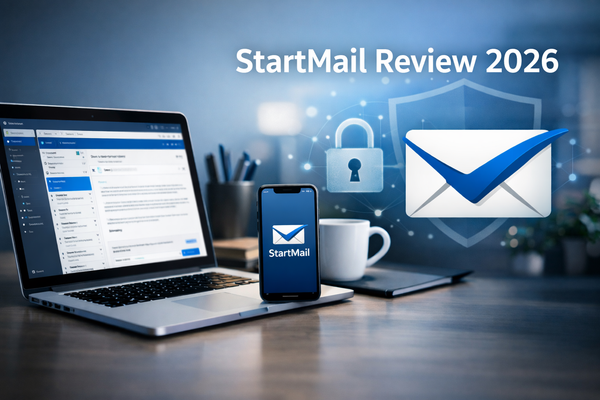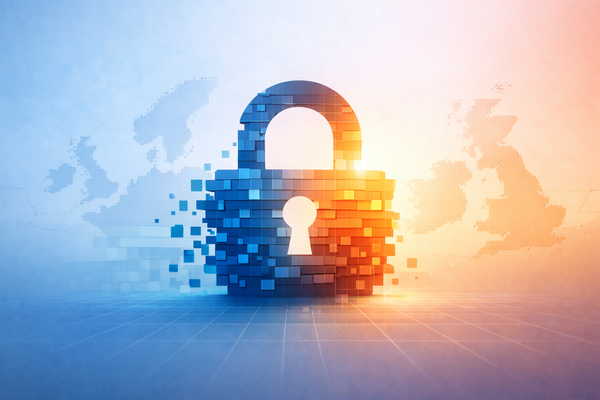Is Email Here to Stay?
With messaging apps everywhere, email continues to play a central role in how we communicate.
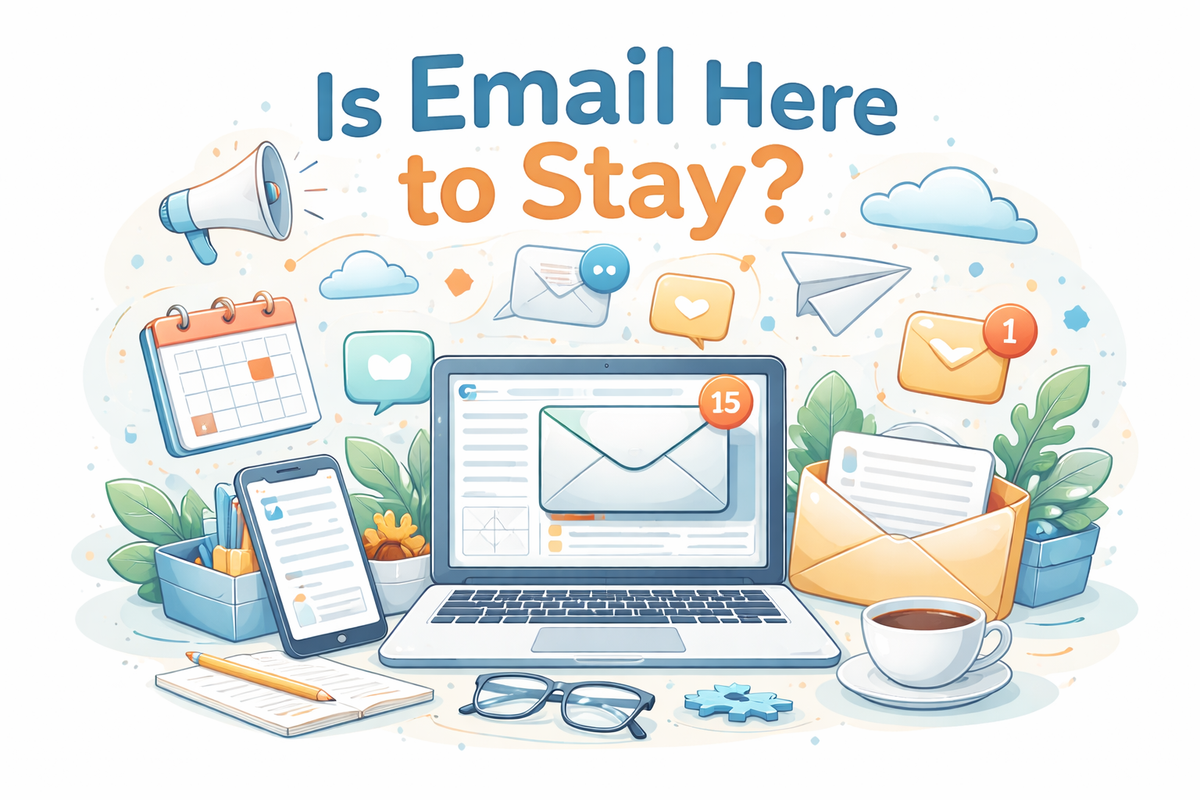
Email has been pronounced “dead” countless times, usually whenever a new messaging platform gains momentum. Faster replies, fewer inboxes, more human communication — the promise is always the same.
And yet, email remains.
Despite collaboration tools, instant messaging, and social platforms reshaping how we communicate, email continues to sit quietly at the centre of digital life. The real question isn’t whether email is popular, but why — after everything — it’s still essential.
The recurring claim that email is dying — and why it persists
The idea that email is on its way out usually surfaces when frustration peaks. Overloaded inboxes, endless notifications, and unclear expectations can make email feel like a problem rather than a solution.
But much of that frustration comes from how email is used, not from the technology itself.
Email was designed for asynchronous communication — messages that don’t require an immediate response, can be read in context, and can be revisited later. When it’s treated like instant chat, it becomes overwhelming. When it’s used as intended, it still works remarkably well.
New platforms haven’t replaced email. They’ve simply taken on roles email was never meant to fulfil.
What email does that other platforms don’t do as well
Email’s continued relevance isn’t accidental. It offers a set of characteristics that newer platforms struggle to replicate.
Email is universal
Almost every online service still relies on an email address as a foundational identity. You might move between messaging apps, collaboration tools, or social networks, but your email address remains the common point of contact.
In practical terms, email functions as a permanent digital address — something few other platforms can offer.
Email is decentralised
Unlike most modern communication platforms, email isn’t owned by a single company. It’s built on open standards, which means providers can change without breaking the system itself.
This decentralisation makes email unusually resilient. No single shutdown, acquisition, or policy change can remove it overnight.
Email respects time
Instant messaging platforms are designed to interrupt. Email allows messages to wait.
That difference matters more than ever. As digital fatigue becomes increasingly common, the ability to respond on your own terms — rather than in real time is a quiet but powerful advantage.
A practical example: where email still works best
Consider something as simple as a decision that needs to be referenced later — approving a change, confirming instructions, or agreeing next steps with an external organisation.
In messaging apps, these moments quickly disappear into fast-moving conversations. In email, they remain anchored: sender, recipient, timestamp, and context all preserved in one place.
This isn’t about preference. It’s about reliability. When clarity and accountability matter, email continues to outperform faster tools.
Email vs instant messaging: different tools for different jobs
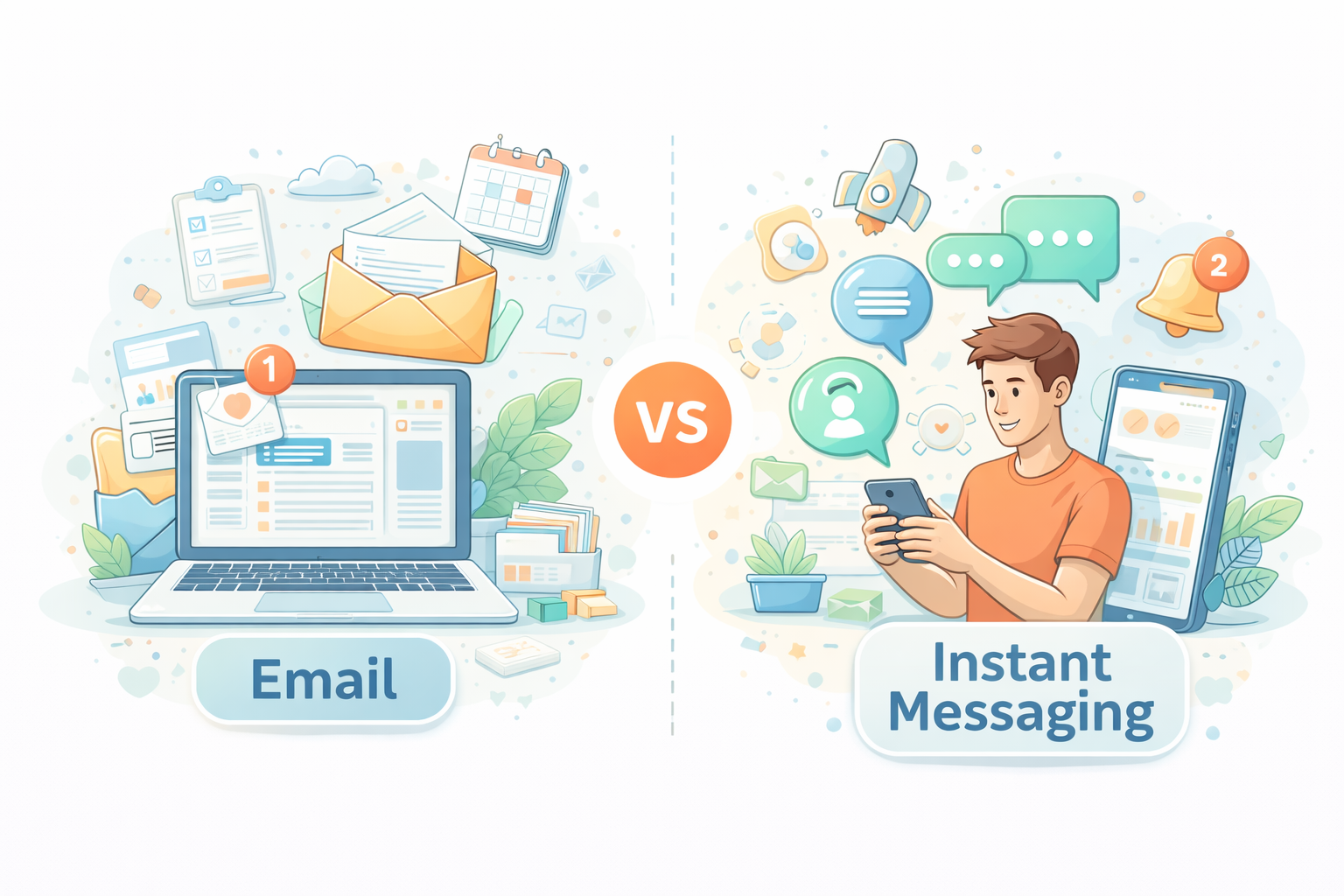
Instant messaging platforms excel at speed. They’re ideal for quick questions, rapid collaboration, and informal exchanges.
Email, by contrast, works best when clarity, accountability, and context matter.
This is why email hasn’t been replaced by messaging apps like Slack or Teams. The two serve different purposes. Messaging tools handle conversation. Email handles communication that needs structure, record-keeping, and persistence.
Rather than competing directly, they coexist.
Email’s role has changed — but that isn’t decline
Email today doesn’t look like email twenty years ago. That doesn’t mean it’s in decline.
Its role has shifted:
- less casual conversation
- more coordination and confirmation
- clearer records of decisions
Many everyday chats have moved elsewhere, and that’s a positive change. What remains in email are the interactions that benefit from precision and permanence.
That isn’t obsolescence. It’s evolution.
Why businesses still rely on email
In professional settings, email continues to matter because it creates a clear trail of communication. Agreements, instructions, and decisions benefit from being documented.
Email provides:
- a sender
- a recipient
- a timestamp
- and a record that can be referenced later
For organisations, this level of accountability is difficult to replace. It’s one of the reasons email remains deeply embedded in how work gets done.
Privacy and control are shaping the future of email
As awareness around privacy grows, email has gained renewed relevance — particularly services that prioritise encryption and user control.
Unlike many messaging platforms that depend on centralised data collection, email can be implemented in ways that give individuals far greater ownership of their communications.
This shift isn’t pushing email backwards. It’s quietly pushing it forward.
Is email still relevant today?
Yes, but not in the way it once was.
Email isn’t trying to be everything. It doesn’t compete for immediacy or constant engagement. Instead, it provides stability in a digital landscape that changes rapidly.
That reliability is precisely why email remains essential.
Frequently Asked Questions
Is email still relevant today?
Yes. Despite the rise of messaging apps, email remains a central communication tool for individuals, businesses, and online services. It functions as a universal digital address, supports asynchronous communication, and provides a reliable record of exchanges that many newer platforms struggle to replicate.
Will email be replaced by messaging apps?
Unlikely. Messaging platforms are optimised for speed and conversation, while email is designed for clarity, structure, and persistence. Rather than replacing email, these tools tend to complement it — each serving different communication needs.
Why do businesses still rely on email?
Email creates clear records of communication, including who said what and when. This accountability is essential for coordination, compliance, and decision-making — particularly when working across teams, organisations, or time zones.
Is email better for privacy than messaging apps?
It can be. Unlike many messaging platforms that rely on centralised data collection, email is built on open standards and can be implemented with strong privacy protections. Privacy-focused providers have helped reinforce email’s relevance by offering encryption and greater user control.
Final thoughts
Email isn’t exciting in the way new platforms are. It doesn’t chase attention or demand constant interaction. It simply does its job.
In a digital world increasingly built around immediacy, email’s ability to wait may turn out to be its greatest strength.
That’s why, despite countless predictions to the contrary, email is still here — and likely will be for a long time yet.
